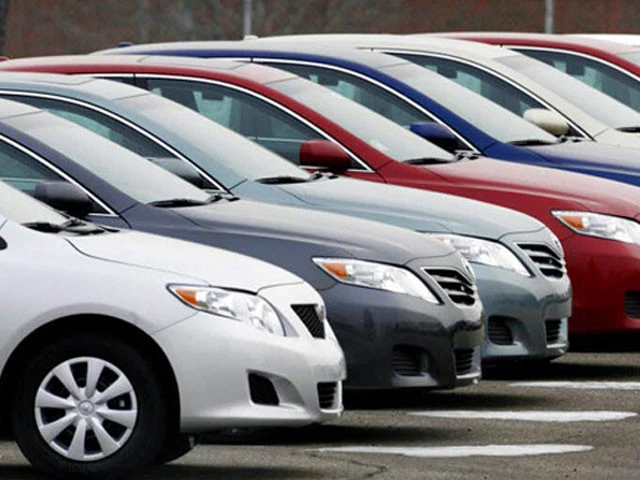Islamabad, July 31, 2025: In a landmark move, the federal cabinet has greenlit Pakistan’s first comprehensive law targeting minimum safety standards for all vehicles—both locally produced and imported.
The new Pakistan car safety law, officially titled the Motor Vehicles Industry Development Act, aims to regulate and elevate automotive safety, quality, performance, and environmental compliance across the country.
The approved law introduces strict consequences for non-compliance. Individuals or companies failing to follow the standards may face up to three years in prison or fines as high as Rs. 10 million. These penalties will be enforced through the Engineering Development Board (EDB), which now holds greater authority to ensure public safety on roads.
According to the framework, no vehicle can be sold or driven without first being registered under this new law and receiving a Certificate of Conformity (CoC). This certificate verifies that a vehicle meets the national safety and environmental requirements. Manufacturers and importers who fail to obtain or issue this certificate risk six months of imprisonment or fines starting from Rs. 500,000.
Further, companies that neglect to recall defective vehicles could be slapped with two years in jail or fined Rs. 5 million. Ignoring EDB’s recall notices could trigger the harshest penalty—three years imprisonment or a Rs. 10 million fine.
Read More: Peugeot 2008 Facelift Spotted in Pakistan Ahead of Official Booking Date Confirmation
Key Features of the New Vehicle Safety Law
- Only licensed companies with registered capital and automotive import as their main business can import repairable vehicles.
- Vehicles imported under gift or baggage schemes are exempt from this law.
- All vehicles must display clear technical details such as dimensions, weight, seating capacity, and intended use.
- Electric vehicles (EVs) must comply with specific standards related to battery type, performance, recycling protocols, and charging safety.
Any vehicle—or even a single part—that poses a safety threat must be recalled immediately, regardless of whether it previously met regulatory standards. The EDB now has the power to enforce recalls directly if manufacturers or importers fail to act.
Read More: Punjab to Get 1,100 Electric Buses, First 240 Arriving August 22 for These Cities
The bill has been forwarded to parliamentary committees for final evaluation before it becomes legally binding.









